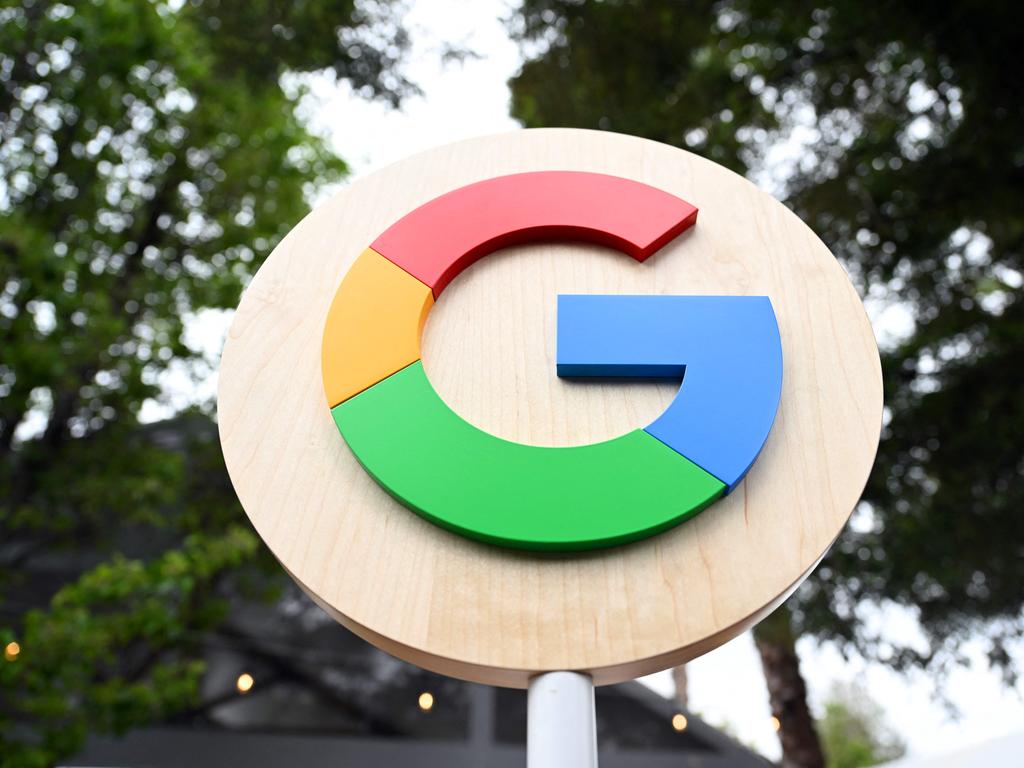US government calls for break-up of Google and Chrome, citing ‘monopoly’ held over tech sphere
Google has furiously responded to “extreme” calls from the US to shatter its monopoly over the tech world.
The US Justice Department and several states have requested a federal court to force Google to sell its Chrome web browser and potentially its Android operating system as part of efforts to address its monopoly online.
The developments came after a landmark ruling in August that found Google had illegally maintained a dominant position in search.
The government also suggested that Google be banned from entering paid agreements as the default search engine on smartphones and browsers, a practice they argue entrenches Google’s power.
They also proposed that Google allow rival search engines to display its results and access its data for the next decade.
Chrome, which dominates 67 per cent of the global browser market, and Android, which holds 71 per cent of the mobile OS market, are crucial to Google’s ecosystem and have helped drive the web company into one of the most lucrative businesses in the world.
The US government argues these products give Google an unfair advantage which must be rectified.
“The playing field is not level because of Google’s conduct, and Google’s quality reflects the ill-gotten gains of an advantage illegally acquired,” the government said in the filing.
“The remedy must close this gap and deprive Google of these advantages.”


However, legal experts have cautioned that forcing Google to sell these products could be an uphill battle, recalling the failed attempt to break up Microsoft in the early 2000s over similar concerns.
The case is part of a broader crackdown on big tech, with similar antitrust actions being floated against Apple, Amazon, and Meta.
If the proposals are adopted, it would set the stage for further challenges to tech monopolies.

Google responded to the call, describing the government’s proposals “extreme” while also asserting that such actions could disrupt products millions rely on daily.
“The D.O.J. continues to push a radical agenda that goes far beyond the legal issues in this case,” Lee-Anne Mulholland, vice president for regulatory affairs at Google, said in a statement released this week.
“The government putting its thumb on the scale in these ways would harm consumers, developers and American technological leadership at precisely the moment it is most needed.”



